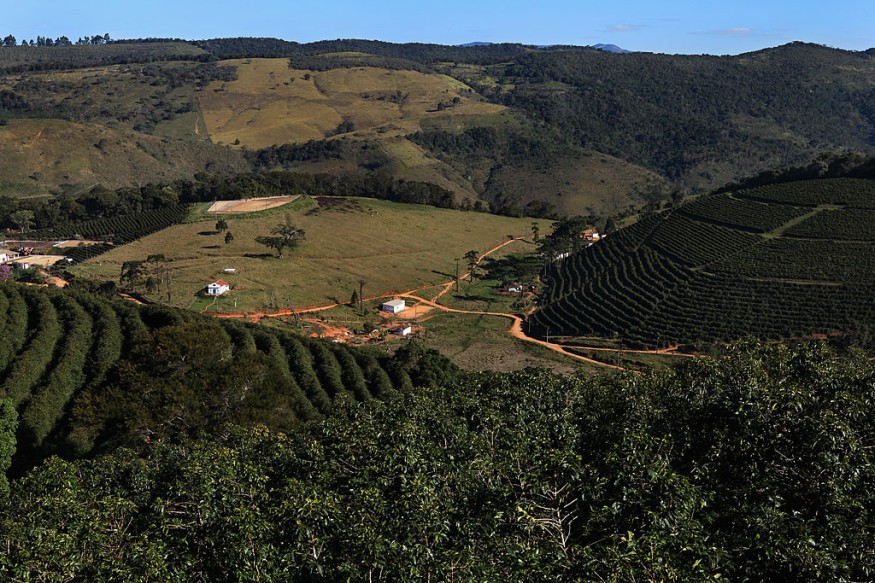Scientists in Switzerland assessed potential impacts of climate change on three of the most globally traded crops produced by many tropical smallholder farming systems, coffee, cashew, and avocado crops. Their latest finding offered a not so good news in the coffee-making world, by far the most important among these widely consumed food crops.
A new study shows that climate change impacts affect the biophysical suitability of plantation crops. Under a moderate climate change scenario, Earth could lose half of its best coffee-growing lands, even the world's largest coffee producer - Brazil. According to ScienceAlert, the country will see its most suitable coffee-growing land decline by 79 percent.
The new study's takeaway predicted climatic changes will most likely result in significant declines in suitable lands for these crops in some of the main regions where they are currently cultivated, affecting both growers and consumers around the globe.
Climate change on food and temperate ecosystems

Impacts of climate change on food had been widely studied before, mostly focusing on principal staple crops grown in temperate regions such as wheat, maize, potatoes and oilseeds. This provided climate scientists a "mirror" on the impacts of climate change on temperate ecosystems.
Their climate outputs provided a view of climate change impacts by 2050 on the crops both globally and in the main producing countries.
"We found shifts in suitable growing regions due to climate change with both regions of future expansion and contraction for all crops investigated. Coffee proved to be most vulnerable, with negative climate impacts dominating in all main producing regions," the authors reported in their paper published in Plos One.
Moreover, the study was able to examine land and soil parameters in addition to purely climatic factors such as temperature and rainfall patterns, providing a more nuanced view of future impacts that to growing crops in some tropical regions.
Benefit to some regions
Studies reveal that climate change and its associated factors are more complex to a "surprising extent", in a way that its even distribution might benefit some regions of the most grown crops.
For instance, parts of China, Argentina and the US are likely to become more suitable for coffee growing just as the likes of Brazil and Colombia see their land become less suitable. With the "disappointingly sluggish response" of global leaders in addressing greenhouse gas emissions discussed in The Conversation, many of these changes may be seen for at least the rest of this century. Thus, it would be more convenient to adapt to the ongoing changes in the tropics than mitigate.
Climate change adaptation includes shifting cultivation of specific crops to different regions where climate impacts will be more benign, although no mitigation efforts could likely prevent many tropical crops to become more scarce.
For coffee suitability, climate change scenarios see a drastic decrease by 2050, however, modelling studies provide that it is important to plan new coffee plantations only in areas where coffee is locally adapted and requires a minimum of additional inputs and where there are no major environmental trade-offs.
© 2026 NatureWorldNews.com All rights reserved. Do not reproduce without permission.





